Magic The Gathering is a complex game, and a lot of this complexity comes from how old it is – I’m sure we’ve all heard somebody mention that they own a Reserved List card and wondered what that is. So, what are these cards, and how does the MTG Reserved List work?
The Reserved List is cards that MTG has promised never to reprint so that they will remain valuable on the secondary market. It includes cards from Alpha to Urza’s Destiny. Wizards created the Reserved List after collectors complained that the reprinted cards devalued their investments.
Now that we understand the brief of the Reserved List, we can answer some of the most frequently asked questions surrounding it. This article will look at what this policy means for Magic and whether it will ever go away.
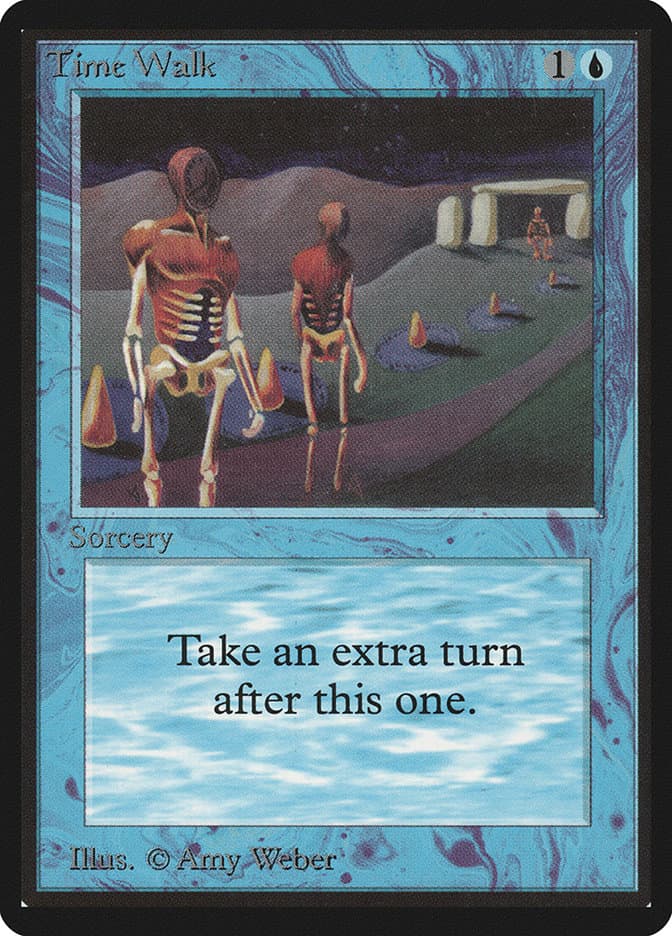
What Does MTG Reserved List Mean?
The Reserved List means that MTG will never reprint certain cards in a tournament-legal paper set, either literally or via a functionally identical card. This restriction includes promotional products like Judge Gifts and the Secret Lairs, so there’s zero chance we’ll ever see new Black Lotuses.
The group of cards that the Reserved List covers ranges from the first MTG set, Alpha, to the 1999 Urza’s Destiny expansion.
It does not include all cards from these early sets. Instead, it is only the rarest and most potent – plus any Wizards hadn’t reprinted by the time they instituted this policy. So, while deadly Mana Drain might have dodged inclusion as a Legends uncommon, Alpha’s Lightning Bolt is not.
Fortunately, the Reserved List won’t grow either, so powerful staples from more recently in MTG’s history are fair game for reprints. Although they might not come soon enough for some players, more Liliana of the Veil and Force of Will are inevitable.
It doesn’t apply to online cards either. So, if you do feel like playing with Moxen, Magic Online is your best bet. Similarly, although it hasn’t come up yet, we might see Reserved List cards on Magic Arena.
Nevertheless, the Reserved List includes cards that are staples in several formats. Commander and Legacy players miss out on affordable ABU Dual Lands. Likewise, new Vintage players will have to mortgage their house for a chance to own a physical Power Nine.
For many of us, this is seriously inconvenient. Unless we resort to proxies – which are not tournament-legal – dozens of decks aren’t viable in the paper. Or, at least, they aren’t as powerful as they could be if we had the right cards for them.
On the other hand, you can invest in MTG safely. The Reserved List ensures that the oldest cards in your collection will remain rare and expensive.
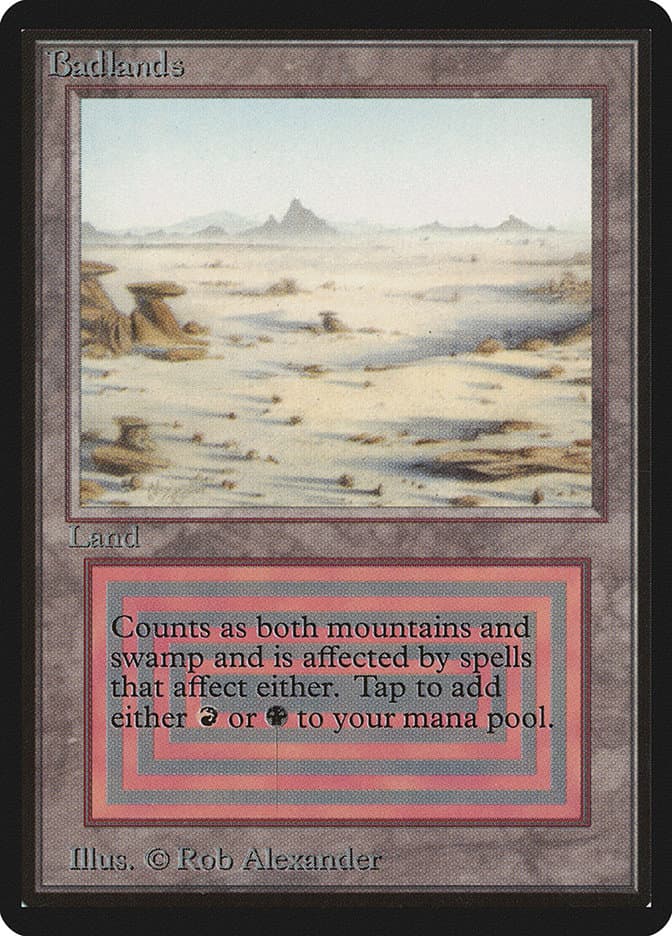
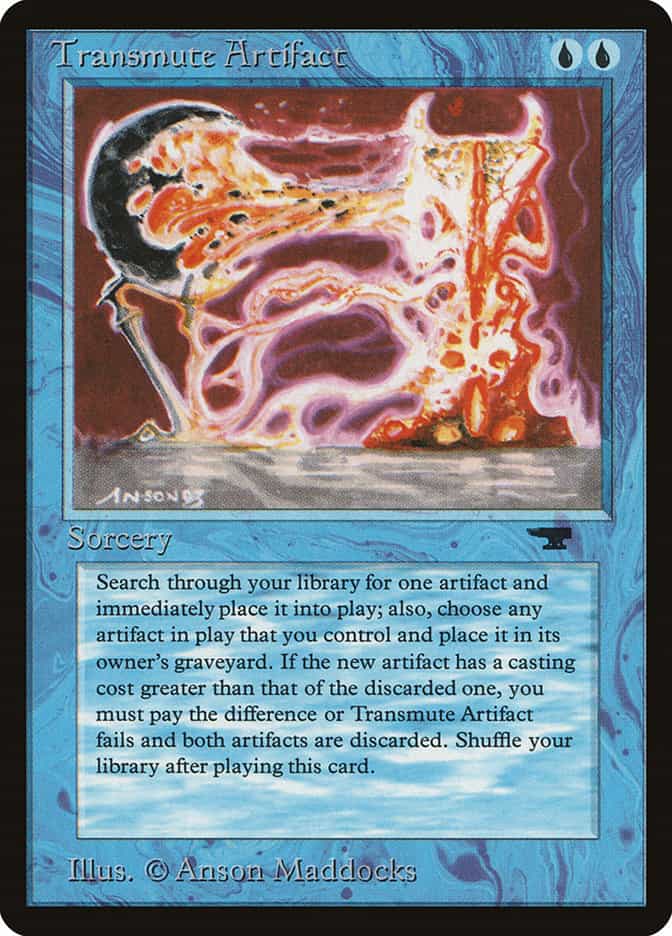
Why Does The Reserved List Exist?
Initially, MTG had no Reserved List. It was only with the printing of the Fourth Edition and Chronicles that this policy came about.
Before that, MTG hadn’t reprinted cards, functionally or otherwise. Instead, each expansion had only included new cards. So, if you had cards from a rarer set – like Arabian Nights – they were inherently more valuable.
However, Fourth Edition and Chronicles included many of those cards, even if MTG printed these sets with white borders to distinguish them from the initial black-bordered versions. These reprints crashed the secondary market for most rare cards.
Collectors complained. And while this might seem irrelevant to us in 2022, it was a big deal in 1995. So much so that Wizards feared that MTG would cease to be popular. That was how serious this controversy was, and how many players felt betrayed.
Because of that, Wizards agreed never to reprint certain cards again. Initially, this Reserved List included only cards that they hadn’t reprinted in Fourth Edition or Chronicles. Still, they later amended it to include the best cards from some later expansions, too.

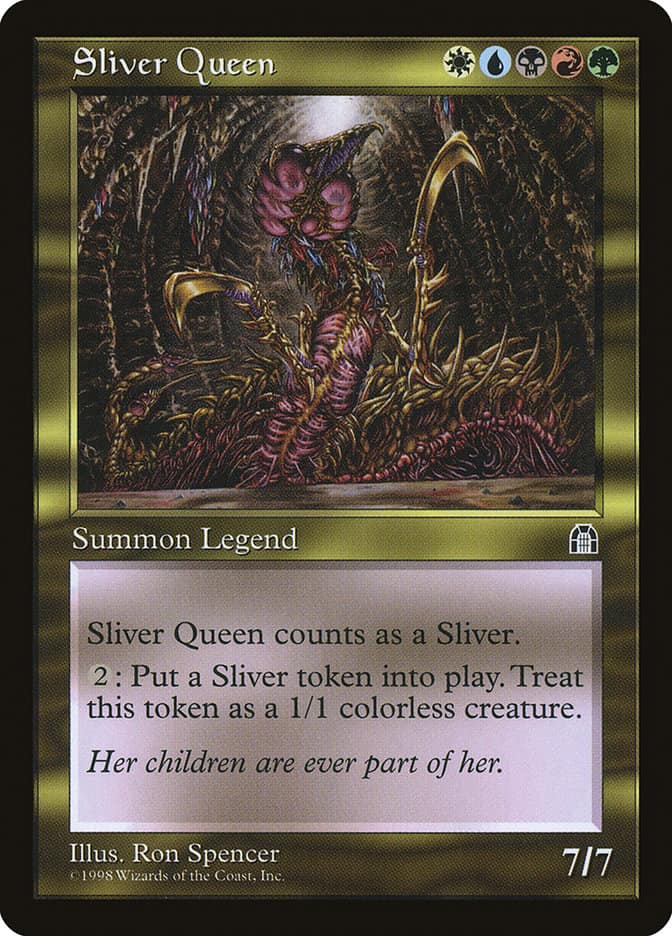
Will The Reserved List Go Away?
The Reserved List will not go away. While certain high-ranking MTG employees, like Mark Rosewater, have tried to remove this policy in the past, their efforts were unsuccessful. They now concede that the policy is here to stay.
So, as MTG ages as a game, Wizards will only become more insistent on keeping the Reserved List in place. That’s because valuable cards on it will only see their value increase as their already limited stocks decrease further.
We can see an example of that when collectors complained about the Phyrexian Negator and Mox Diamond reprints in Duel Decks: Phyrexia vs. The Coalition and From the Vault: Relics, respectively.
Even though reprinting these cards wasn’t technically against company policy – they were foils and so excluded from the Reserved List’s rule – collectors still felt cheated.
Wizards still face intense pressure from collectors and game stores to keep the Reserved List in place. Even though removing the policy might be profitable in the long run, it also opens Wizards up to facing legal action by these groups.
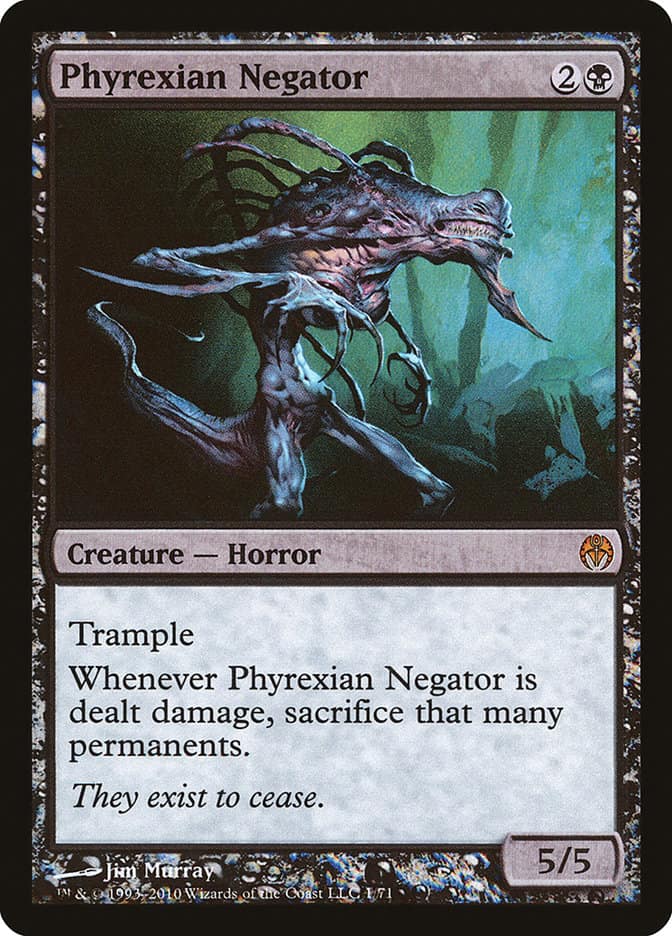
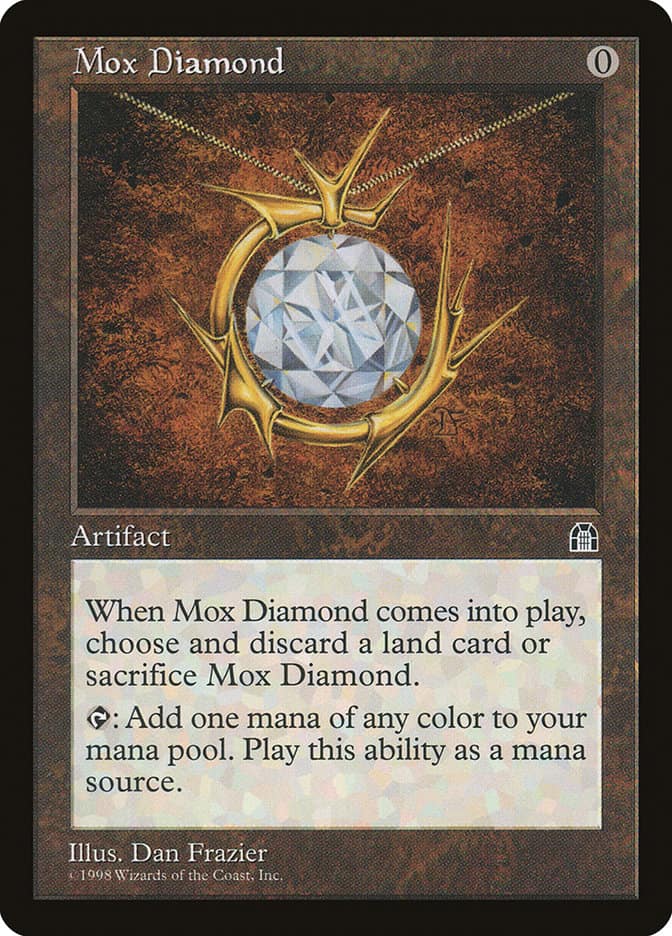
Is The Reserved List Legally Binding?
The Reserved List is not legally binding, but it is a company policy. However, that doesn’t mean that Wizards won’t face legal action if they abolish it.
Because Wizards promised not to reprint the Reserved List cards, they run the risk of promissory estoppel if they do. That’s legalese for a commitment that a court can enforce as though it was a contract, even if it was never legally signed.
So, suppose Wizards reprints Reserved List cards. In that case, collectors could legally sue them based on this broken promise since it would cause them to lose money. If these cards saw reprints, their value would drop, damaging the collectors’ investments – investments they only made based on their trust for Wizards to keep this promise.
Therefore, while the Reserved List isn’t legally binding, it does have severe legal implications. Even though people suing them for promissory estoppel isn’t a guarantee, Wizards would understandably prefer not to risk it.
In conclusion, the MTG Reserved List is a Wizards company policy that prevents them from reprinting certain old and valuable cards. By doing so, they preserve the value of these cards for collectors. However, the downside to this rule is that newer players won’t get the chance to use these cards if they’re playing physically.
